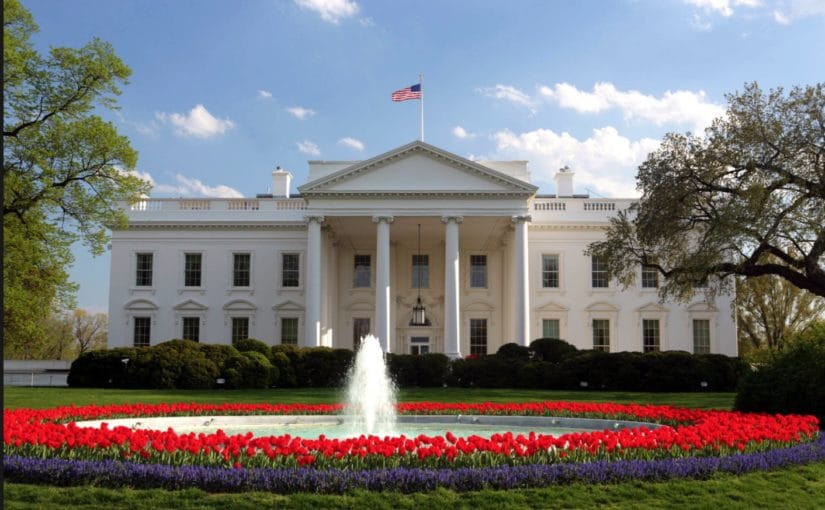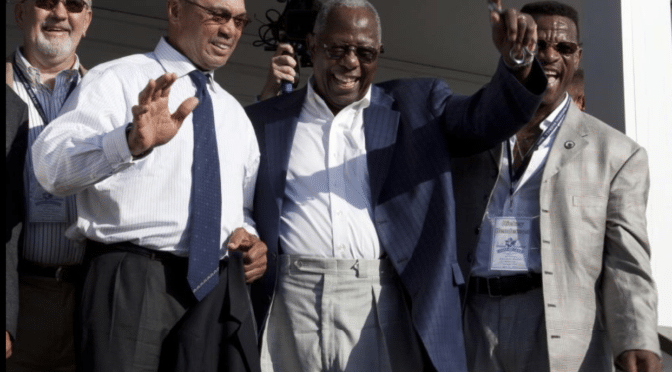by Nick Taylor
Trump isn’t the first. We have had presidents who frightened and outraged the nation before. Somehow we got through their terms. I was lying in bed this morning feeling dread from the election results when I heard a New York City street sweeper coming down my block whisking up the refuse. I smiled. The world hadn’t ended on one terrible night.
American presidential history brings us face-to-face with many moments that made citizens question their democracy and its survival.
Andrew Jackson was a populist icon denied the presidency in 1824 despite earning a plurality of popular and electoral votes. The House decided that election when Henry Clay, one of the four candidates, supported the second place finisher John Quincy Adams. He won the elections of 1828 and 1832.
Whig Vice President Millard Fillmore became president in 1850 after Zachary Taylor died in office, wasn’t nominated when his term ended, and ran on the “Know Nothing” ticket on a nativist, anti-Catholic platform in 1856. He carried one state.
Democrat James Buchanan, elected in 1856, lacked the moral courage to stand up to slave state secession and his waffling ushered in the Civil War. He was also probably the first gay president, but that wasn’t a campaign asset in those days.
Republican Warren G. Harding played cards and drank whiskey in the White House with crooked cronies he appointed to the cabinet. He presided over the 1920s’ Teapot Dome scandal, in which oil companies bribed their way into cheap oil leases on U.S. Navy land. He was handsome, though, maybe his main asset as a politician, since women voted for the first time in 1920. He won what was then an unprecedented 61 percent majority.
Herbert Hoover was a conservative Republican and a successful mining engineer whose business skills and World War I relief work made him secretary of commerce under Calvin Coolidge and Coolidge’s successor although he’d never before run for public office. The Great Depression started during the first year of his term in 1929 but Hoover, who believed in “rugged individualism,” refused to allow the government to help. The unemployment rate was 25 percent when he left office in 1933.
Richard Nixon famously said, “I am not a crook,” and proved otherwise. He launched major international initiatives, opening up China with his visit there in 1972, and negotiating the Strategic Arms Limitation Treaty with the Soviet Union the same year. But he kept an “enemies list” and his 1974 reelection campaign saw the break-in at Democratic National Headquarters and subsequent cover-up that became the Watergate scandal. One of his cabinet secretaries said this flip side of Nixon the internationalist was “a petty, hateful and paranoid person.” He was only president to resign while in office.
Republican George W. Bush lost the popular vote to Democrat Al Gore in 2000, but became president after the Supreme Court, voting along party lines, stopped a Florida recount with Bush’s margin in that state around 500 votes. He invaded Iraq on the pretense that it was developing weapons of mass destruction, none of which were found. The resulting instability produced the murderous Islamic State terrorist movement.
Now Americans have elected in Donald Trump, a nominal Republican, a businessman with no military or government experience who tapped deep-seated economic fears in the electorate. His campaign of attacks, insults, and untruths revealed a disgust with political elites that nonetheless threatens the institutions that have made the United States the world’s pre-eminent global power and model of stability since World War II.
We have survived similar tremors to the political bedrock of America. It will be up to all Americans to make sure that we survive this one.




